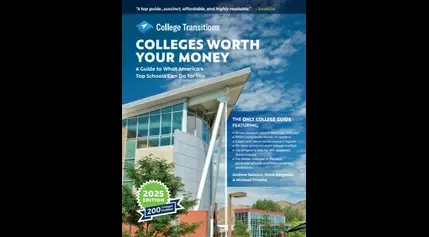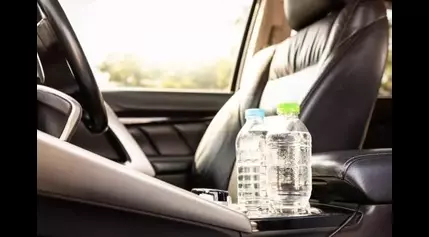Towing Titans Clash: Philadelphia Towing Companies Challenge Unconstitutional Monopoly
In a dramatic turn of events, a group of Philadelphia-based towing companies have filed a federal lawsuit against the Philadelphia Parking Authority (PPA) and state officials, alleging that a recent Pennsylvania law has granted the PPA an unconstitutional monopoly over the business of towing abandoned vehicles within the city limits. The lawsuit claims that this move has upended decades-old business relationships and violated the companies' contractual rights, leaving them with no choice but to take legal action.
Towing Titans Refuse to Back Down: Philadelphia Towing Companies Fight for Their Livelihoods
Decades-Old Contracts Upended by State Law
For over two decades, private towing companies in Philadelphia have been contracted by the city to remove abandoned vehicles from the streets. These companies, which include the likes of K&A Salvage Auto Salvage Inc., Morton Towing & Recovery, and Delaware Valley Towing & Auto Parts, among others, have relied on these contracts as their primary source of income. However, the landscape has shifted dramatically in the past year, with the passage of a state law that has granted the PPA exclusive authority over the towing of abandoned cars within the city.The lawsuit alleges that this new law has not only violated the companies' long-standing contracts with the city but also infringes on their constitutional rights. The companies argue that the law's interference with their contractual relationships is prohibited by both the Pennsylvania and U.S. constitutions, and they are seeking to have the law declared null and void.Towing Companies Forced to Lay Off Employees, Struggle to Fulfill Obligations
The impact of the new law has been immediate and severe for the towing companies. According to the lawsuit, the companies have been forced to lay off employees, making it increasingly difficult for them to fulfill the terms of their contracts with the city. These contracts, which were recently extended through November 2025, require the companies to store, return, or dispose of vehicles that have been abandoned throughout Philadelphia.The towing companies argue that by "imparting the obligations of contracts," the new law is unconstitutional. They are seeking compensation for the earnings they have lost since the law was enacted, as well as an order for the PPA to stop towing abandoned vehicles within the city limits.Towing Companies Allege Unauthorized Towing by PPA
The lawsuit also alleges that the PPA has been towing abandoned cars without authorization, further encroaching on the towing companies' business. The complaint states that this unauthorized towing began in the second half of 2023, shortly before the state legislature included language in an omnibus bill that designated the PPA as the sole "municipal agency and authorized salvor" of abandoned vehicles in Philadelphia.The towing companies argue that this move by the state legislature is a clear violation of their long-standing contracts with the city, and they are seeking to have the law declared unconstitutional on these grounds as well.Towing Companies Seek Judicial Intervention to Protect Their Livelihoods
In their federal lawsuit, the towing companies are asking a judge to declare the new state law null and void, order the PPA to stop towing abandoned vehicles in Philadelphia, and compensate the companies for the earnings they have lost since the law was enacted. The companies argue that this is the only way to protect their livelihoods and the decades-old business relationships they have built with the city.The lawsuit has set the stage for a high-stakes legal battle, with the towing companies determined to fight what they see as an unconstitutional power grab by the PPA. As the case unfolds, the outcome will have significant implications for the future of the towing industry in Philadelphia and the rights of private businesses to operate in the face of government interference.




















